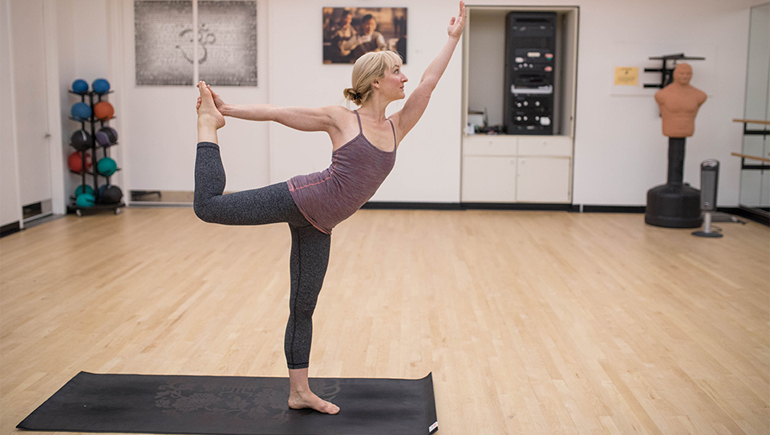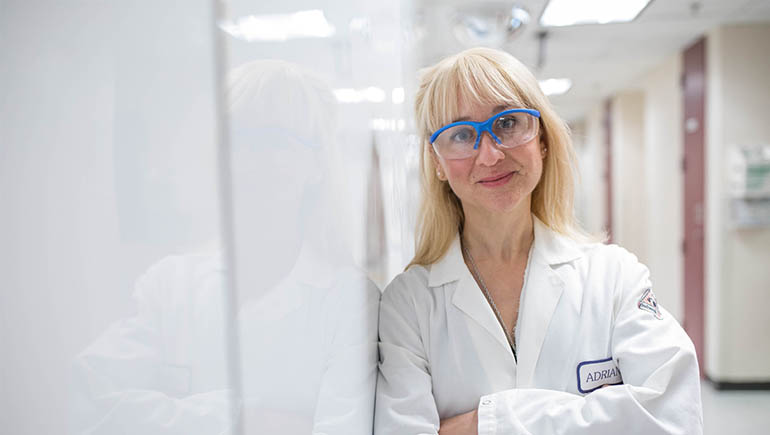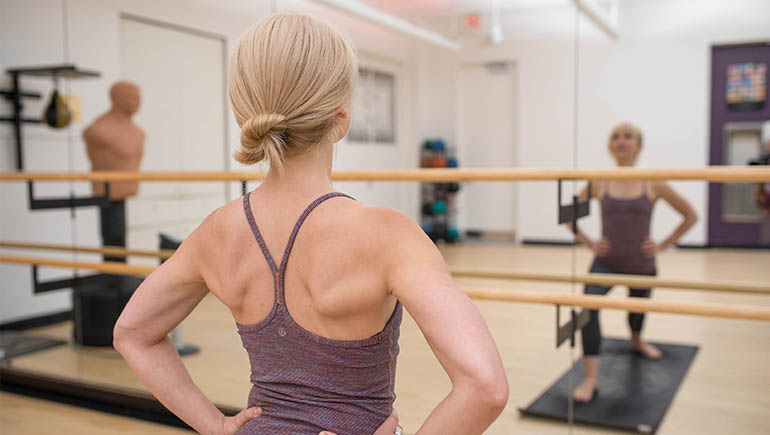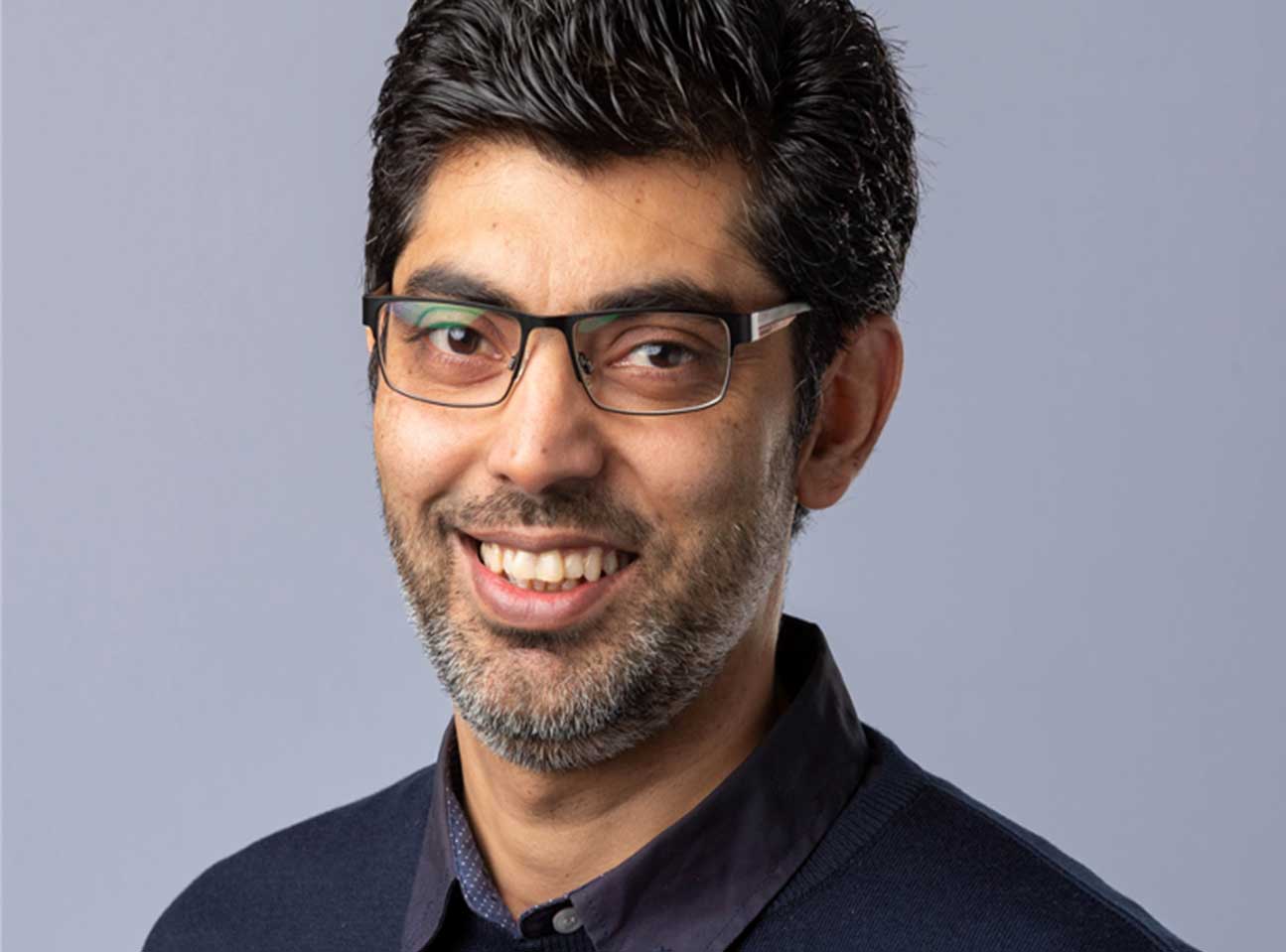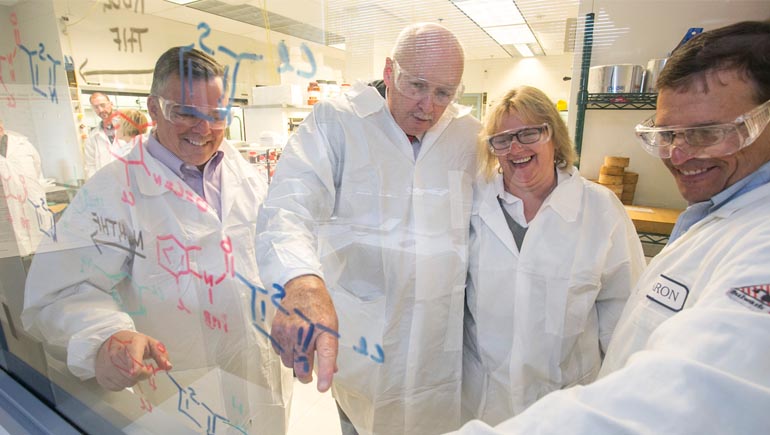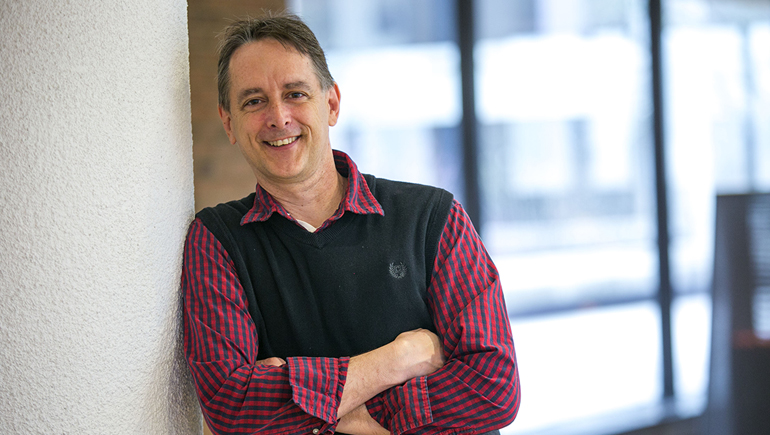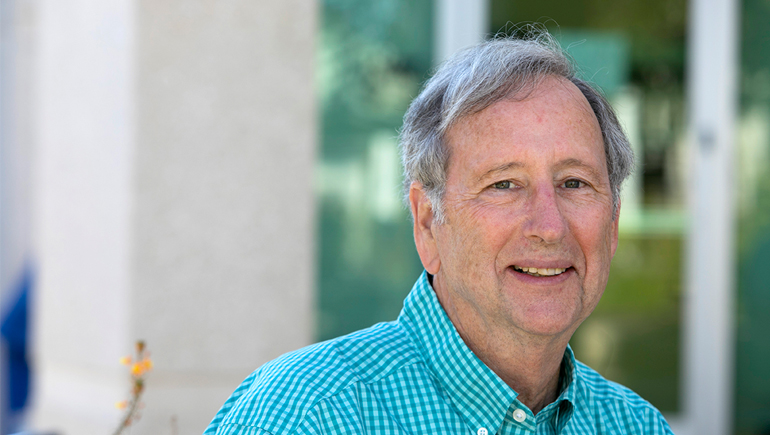
For Edward Halk, principal scientist at Bristol Myers Squibb, cancer research took on new meaning when he was diagnosed with the disease.
The man who studied cancer for a living was blindsided.
“That was one of the more surrealistic moments of my career—to be on both sides of the fence,” says Halk, now 69.
Halk’s research at Bristol Myers Squibb helped create a drug designed to boost a type of cancer-fighting cell.
It’s part of a growing area of science known as immunotherapy that, in essence, uses the body’s own immune system to help fight certain cancers.
Halk continued his work throughout six months of cancer treatment. The experience not only kept his mind off his own cancer but also instilled a personal motivation for his research.
While he says he now has a clean bill of health, Halk’s cancer history serves as a constant reminder of the importance of his work. “I’m aware every day of what I do,” he says.
